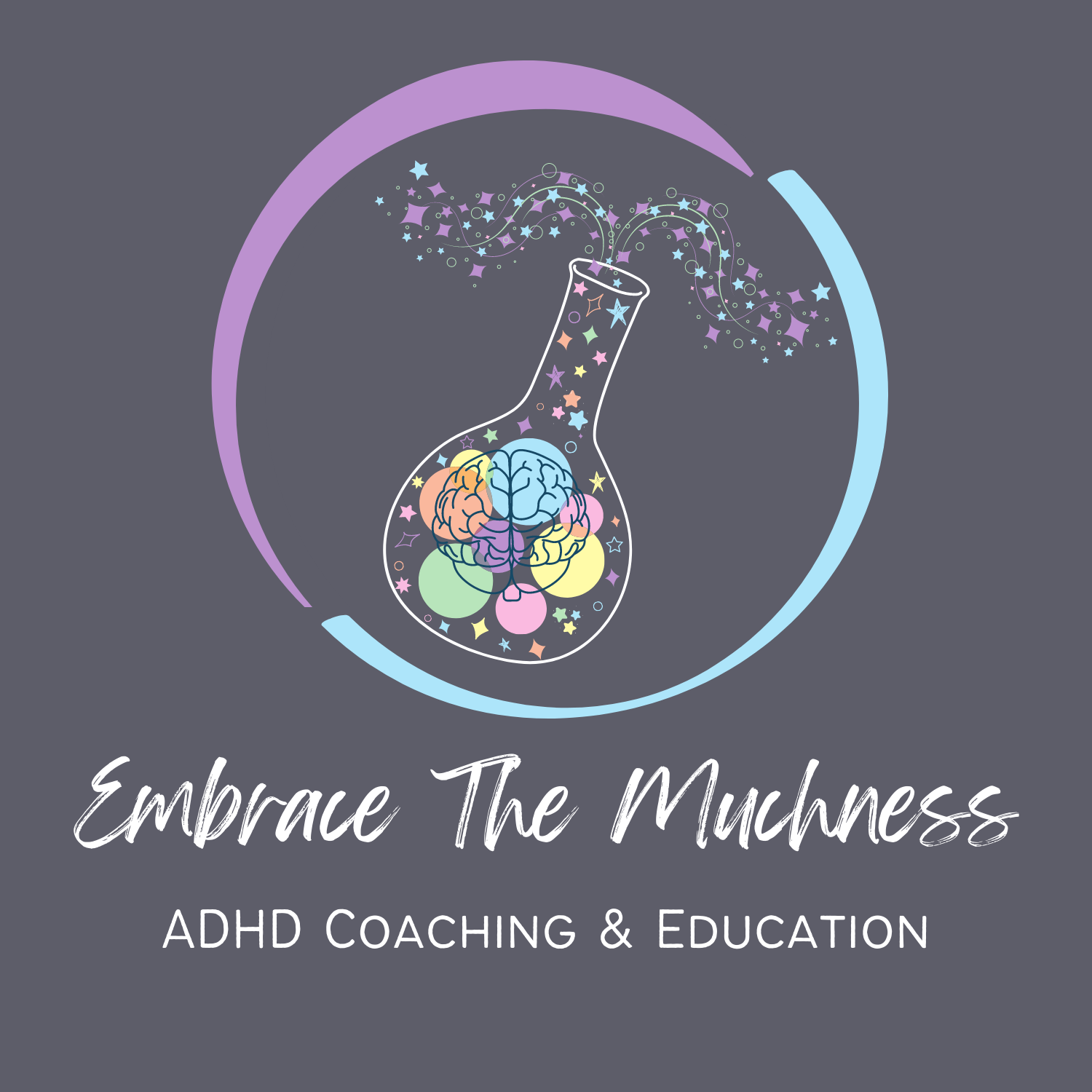Using Technology to Accommodate Neurodivergent Needs
Neurodivergent individuals face unique challenges in an ableist world that assumes everyone operates on the same “human operating system.” Just as different computers run on varied operating systems—like Windows, macOS, or Linux—humans have distinct neurotypes that affect how they think, communicate, and interact with the world. While most computers are ultimately capable of similar tasks, each type has unique features and programming language requirements. Similarly, humans share basic functions like thinking and connecting with others, though the expression of these functions varies widely.
This expectation for sameness is known as neuronormativity: a societal assumption that everyone should think, behave, and communicate in similar ways. Expecting uniformity, like assuming everyone operates on macOS, can lead to frustration when people function differently. It’s similar to expecting a Windows computer to open a macOS file effortlessly; while it’s possible, it often requires specific adjustments. For example, a person with dyslexia may need tailored supports to read fluently, just as a computer may need translation software to open a different OS file. By offering these accommodations, we create a supportive environment where neurodivergent individuals can engage fully without feeling inadequate or ashamed.
There’s a lot to unpack about technology and the role it plays in the lives of modern day humans, but that’s a topic for another day. What stands out about technology is the flexibility it offers neurodivergent people to navigate a world that assumes a single operating system.
Executive Functioning Support
Executive functioning skills are mental processes that enable individuals to plan, organize, manage time, and regulate emotions, allowing for effective decision-making and goal-oriented behavior. Many neurotypes, including ADHD and Autism in particular can struggle with executive functioning. A range of apps, plugins, and tools exists to help with executive functioning, including time management, working memory, organization, and prioritization. Many apps offer reminders, task organization, list management, and deadline tracking, creating supportive routines that reduce stress around task completion and memory.
Communication Tools
Certain apps can help facilitate communication. Voice-to-text tools help those who struggle with typing, while text-to-speech features support people who find reading lengthy text challenging. Templates or AI writing assistants can help draft emails, ensuring essential details are included and the desired tone is applied.
Sensory Support
Sensory adjustments are also crucial for neurodivergent users. Some neurotypes are more sensitive to visual or auditory stimuli, and technology offers options to customize screen colors, font sizes, and sound modulation. Think of sensory input as consuming a significant portion of a computer’s processing power. When overwhelmed, the computer may slow down or glitch. By reducing sensory input, neurodivergent individuals conserve "processing space," allowing them to engage with more ease.
In a world built around a single “human operating system,” technology provides neurodivergent individuals with essential adaptations.
Bobbi-Jo Molokken
ADHD Coach & Educator: Embrace the Muchness
Other Resources on ADHD & Tech
Article - Using a Google Nest Hub to Support ADHD
Aritcle- My Top 10 Tech Tools to Support ADHD & Executive Functioning
Neurodivergent Friendly Apps & Tech Tools Resource List
ADHD Friendly Tech & Time Management Tools - Product Recommendations



